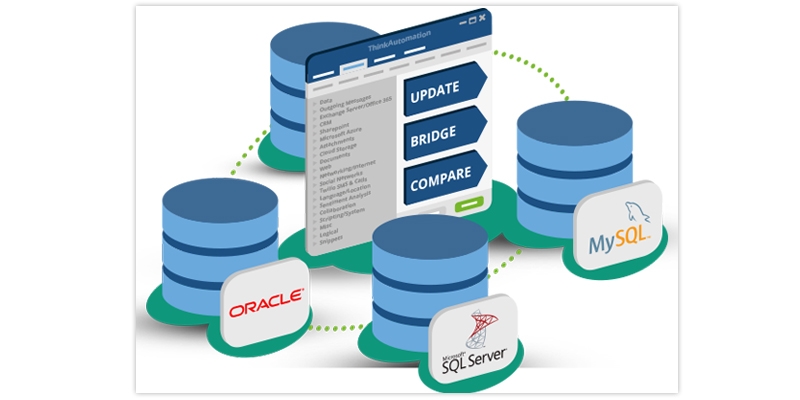Grab Deal : Flat 30% off on live classes + 2 free self-paced courses - SCHEDULE CALL
The database is the heart of any application. It contains tables, views, and other objects which store data. Maintaining the database requires an expert person to perform. We will learn about database administrators and the roles of different DBAs.Database administrators (DBAs) are primarily responsible for specific databases in the subsystem. Data is stored and organized by database administrators using specialized software. The duties could include backup and data recovery, capacity planning, installation, configuration, database design, migration, performance monitoring, security, and troubleshooting. These are some of the crucial database administrator responsibilities. If this piqued your interest and you want to be a professional, opt for data management courses online and pursue your dream.

You can check the database administrator roles and responsibilities.
The role of database administrator in DBMS is as mentioned below -

Responsibilities of DBA
Get in-depth knowledge of dba roles and responsibilities. Learn about the functions of Database Administrator as mentioned below-

Functions of DBA
The functions of a Database administrator are as below.

Duties of Database Administrator
The duties of a Database Administrator are as follows.
1. Selection of Hardware and Software
2. Managing Data Security and Privacy
3. Managing Data Integrity
4. Data Backup
5. Database Recovery
6. Tuning Database Performance
7. Improving Query Processing Performance
These are some of the essential responsibilities of dba in dbms. The role of data administrator in dbms cannot be taken lightly and has to be treated as a crucial part in the whole process.

Duties of Share Database Administrator
Share database administrator functions are as below.
1. Database Design
2. Database Implementation
3. Operations and Maintenance
4. Growth and Change

Duties of Datawarehouse Database Administrator
The duties of the Date warehouse database administrator are as below

With the proper training and experience, DBA can earn a handsome salary in their respective roles. Let's check out the salary and qualifications requirements.
Qualification
SQL Training For Administrators & Developers

The blog gives the reader detailed knowledge of who are DBAs and the roles of DBAs, also about different types of database administrators. You will get an excellent overview of the roles and responsibilities of different types of DBA. The blog will be an excellent read for those aspiring to become a successful DBA or those wanting to know more about the role of dba in dbms. If you aspire to pursue a career in this field, get training and become a Complete Microsoft Sql Professional.

Data Definition Language (DDL) Commands in SQL

What is Schema in SQL With Example: All You Need to Know

Database Files-Heart of SQL Server Database

Different Types of DBAs and Their Roles

Cyber Security

QA

Salesforce

Business Analyst

MS SQL Server

Data Science

DevOps

Hadoop

Python

Artificial Intelligence

Machine Learning

Tableau
Download Syllabus
Get Complete Course Syllabus
Enroll For Demo Class
It will take less than a minute
Tutorials
Interviews
You must be logged in to post a comment